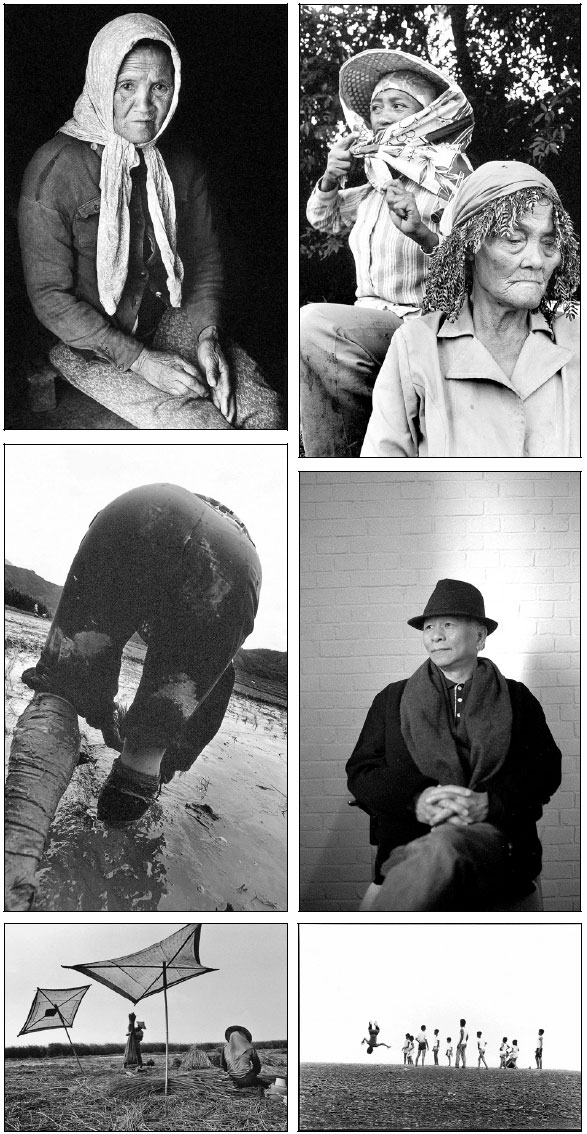Juan's lens
Updated: 2016-08-23 07:34
By Zhang Kun(China Daily)
|
||||||||
A photographer's travels through Taiwan in the 1970s and '80s form the basis of an ongoing exhibition in Shanghai. Zhang Kun reports.
Juan I-jong believes that a century from now, people will still be looking at his pictures.
Juan, born in Yilan county, Taiwan, spent decades documenting life and landscape there.
|
Juan I-jong shows his photos that focus on rural Taiwan. Photos by The Artist and his Portrait (middle) by Su Dong |
"I have recorded farming life ..., much of which has disappeared forever," he says.
Eighty-four of his pictures are on display at the Liuli China Museum in Shanghai. The ongoing exhibition, One Man's Documentation of an Era, runs through Oct 30 at the private establishment.
All the pictures were taken between 1974 and 1986, when Juan traveled across Taiwan, visiting remote places as a young photographer. The collection was later titled Man and the Land, and recognized as an important chapter in Chinese photography. But Juan wasn't planning to exhibit the pictures until he turned 70 in four years time.
Chang Yi, founder of the Liuli China Museum, says he "couldn't wait to share every picture of the collection with everybody", so he convinced the photographer to put his works on show now.
Besides taking his own pictures, Juan has compiled the works of masters of modern photography and published books on the aesthetics of photography.
Chen Danqing, a Beijing-based artist and scholar, says Juan has shown the way to many Chinese photographers.
Juan's images have also been collected by museums such as the French Museum of Photography in Paris and London's Victoria and Albert Museum.
Juan didn't get his first camera until the age of 22. He was a country boy and son of a carpenter, dreaming about a different life in the city of Taipei. He worked as an illustrator, designer and essayist in Taipei before he was offered a photographer's job for the local English-language magazine Echo.
He was given a camera and very basic instructions on how to use the shutter, lens, aperture and so on, before being asked to capture Taiwan's landscapes. He traveled with nothing but a book listing the train routes and ticket prices. The job took him all over the island. It gave him a perspective on rural life which he was eager to run away from as a younger man.
"It turns out that the best parts of a landscape are the people living there," he says.
With the camera in hand, he walked through muddy rice fields, wandered around villages and met people in their homes, participated in funerals and celebrations, and learned a lot about life.
From farmers toiling in the fields to miners loading the trucks and ethnic groups, Juan was determined not only to capture pictures in good light but also to reveal emotional moments to his viewers.
"I am forever grateful to the people who not only allowed me to take their pictures but also offered me their trust and kindness," he says.
He was determined to repay them with utmost respect. The respect for people and subjects one chooses to shoot are important experiences that Juan wanted to share with the world.
In the past few years, Juan, who is based in Taipei, has extensively traveled in the mainland, giving lectures and holding workshops for photography and photo processing in more than a dozen cities. His social media account on Weibo has more than 1.8 million followers.
Technology has now made photography more accessible to the common people. It wasn't easy earlier to post millions of pictures on the web and share it with lost of people. However, Juan feels sad to see photography lose much of its meaning and depth, he says.

"Your selfie has no significance, and neither does your pet however cute it may be," he says. "They are reflections of your narcissistic self, rather than a valuable image of the real world."
Juan remembers his first moment of enlightenment as a photographer when he observed everything through the camera lens. "I realized how subjective my point of view once was."
Ever since, Juan believes the "core value of photography is to discover and document, that is, to look outward, find the significance of things and capture it".
His approach to photography prompted him to create the Juan I-Jong Humanity Award of Photography, a biannual celebration of Chinese photography. The inaugural event will take place later in the year. A jury consisting of 11 photographers, scholars and artists from home and abroad will pick a top winner who will get $15,078.
The process of selecting photographs began on June 1 and will end on Sept 30.
"Juan has witnessed great popularity of his photography ... He is disappointed to see the diminishing of the humanitarian spirit," according to the manifesto for the award's launch.
There have been quite a few awards for conceptual and artistic photography in China but documentary and feature photography has rarely gained adequate attention, says Juan.
The award is not just for documentary photography though, he says, "any photo, as long as it presents a reflection of the spirit of humanity" will work.
Contact the writer at zhangkun@chinadaily.com.cn
(China Daily 08/23/2016 page20)
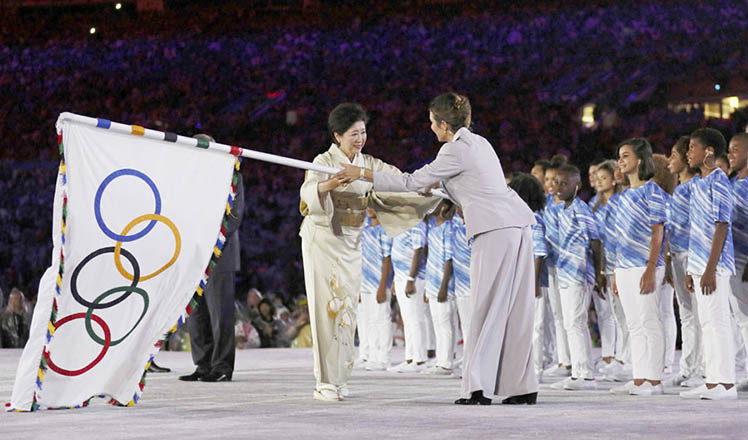
 Goodbye, Rio; hello, Tokyo
Goodbye, Rio; hello, Tokyo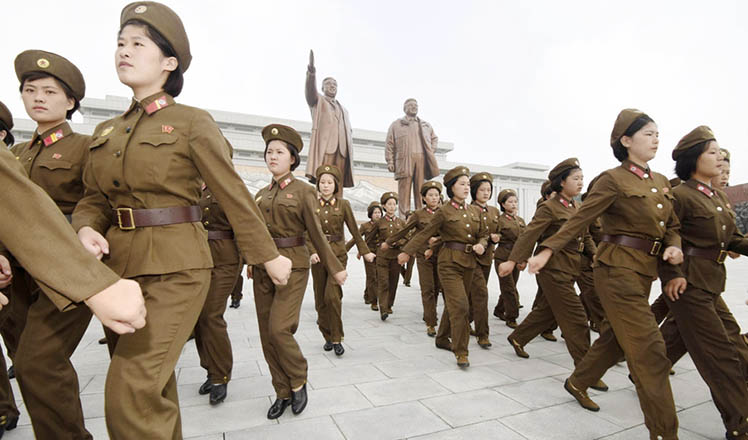
 The world in photos: Aug 15- Aug 21
The world in photos: Aug 15- Aug 21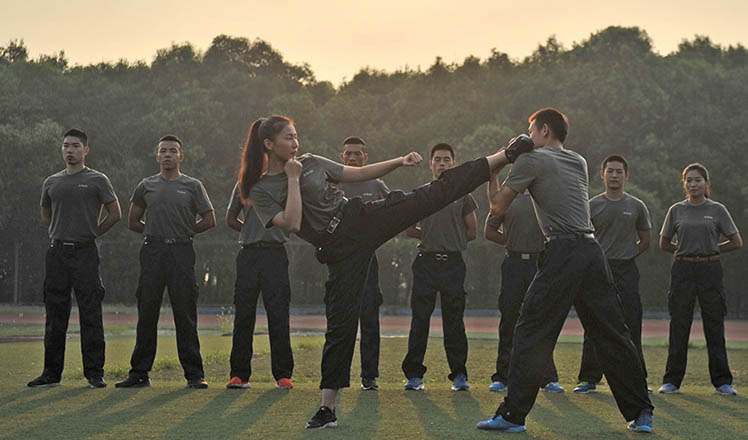
 Kickboxing and throwing punches: Welcome to flight security training
Kickboxing and throwing punches: Welcome to flight security training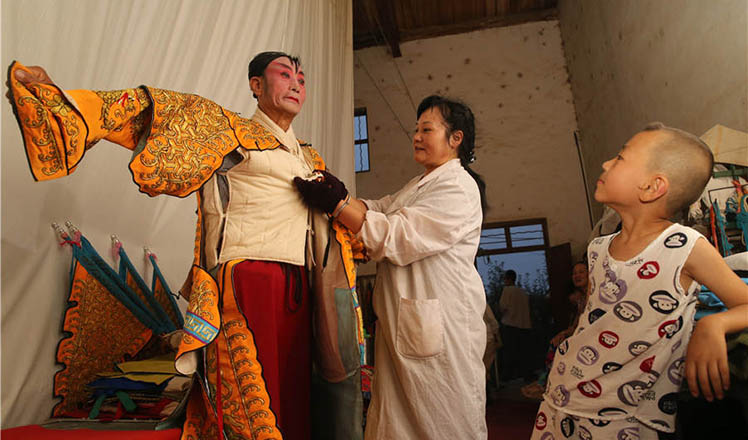
 Qinqiang Opera actors brave heat to bring smile to faces
Qinqiang Opera actors brave heat to bring smile to faces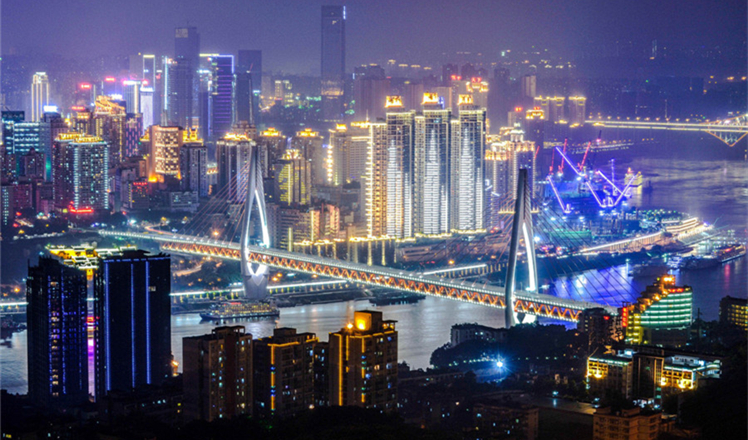
 Top 10 cities with highest GDP in H1
Top 10 cities with highest GDP in H1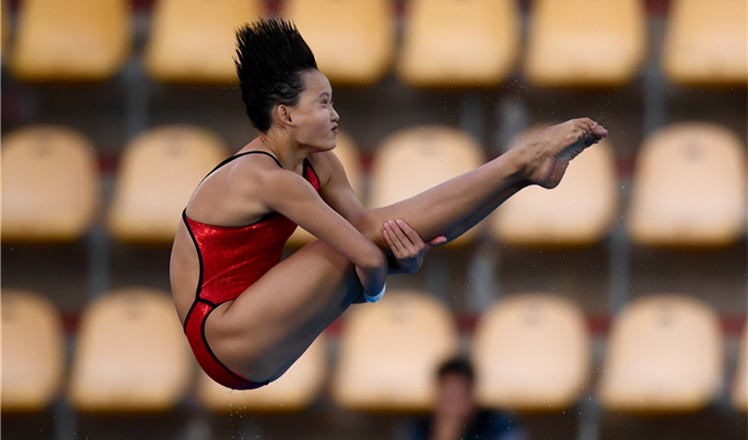
 Chinese teenagers take gold, silver on 10m platform
Chinese teenagers take gold, silver on 10m platform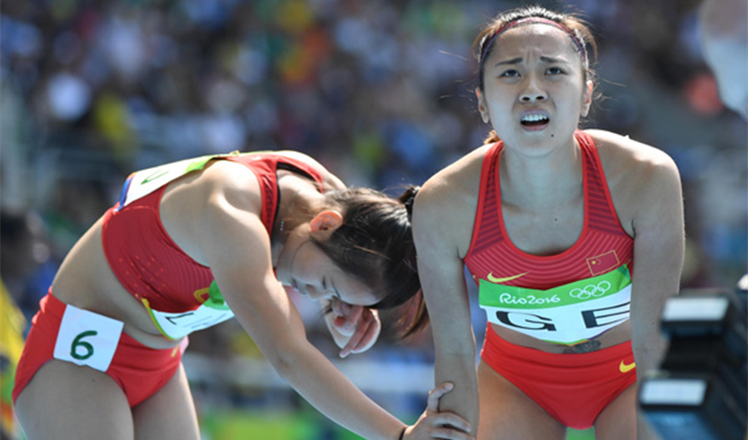
 US granted re-run to send China out of relay race
US granted re-run to send China out of relay race
 China inches toward gold after beating Netherlands
China inches toward gold after beating Netherlands
Most Viewed
Editor's Picks

|

|

|

|

|

|
Today's Top News
Trump outlines anti-terror plan, proposing extreme vetting for immigrants
Phelps puts spotlight on cupping
US launches airstrikes against IS targets in Libya's Sirte
Ministry slams US-Korean THAAD deployment
Two police officers shot at protest in Dallas
Abe's blame game reveals his policies failing to get results
Ending wildlife trafficking must be policy priority in Asia
Effects of supply-side reform take time to be seen
US Weekly

|

|
